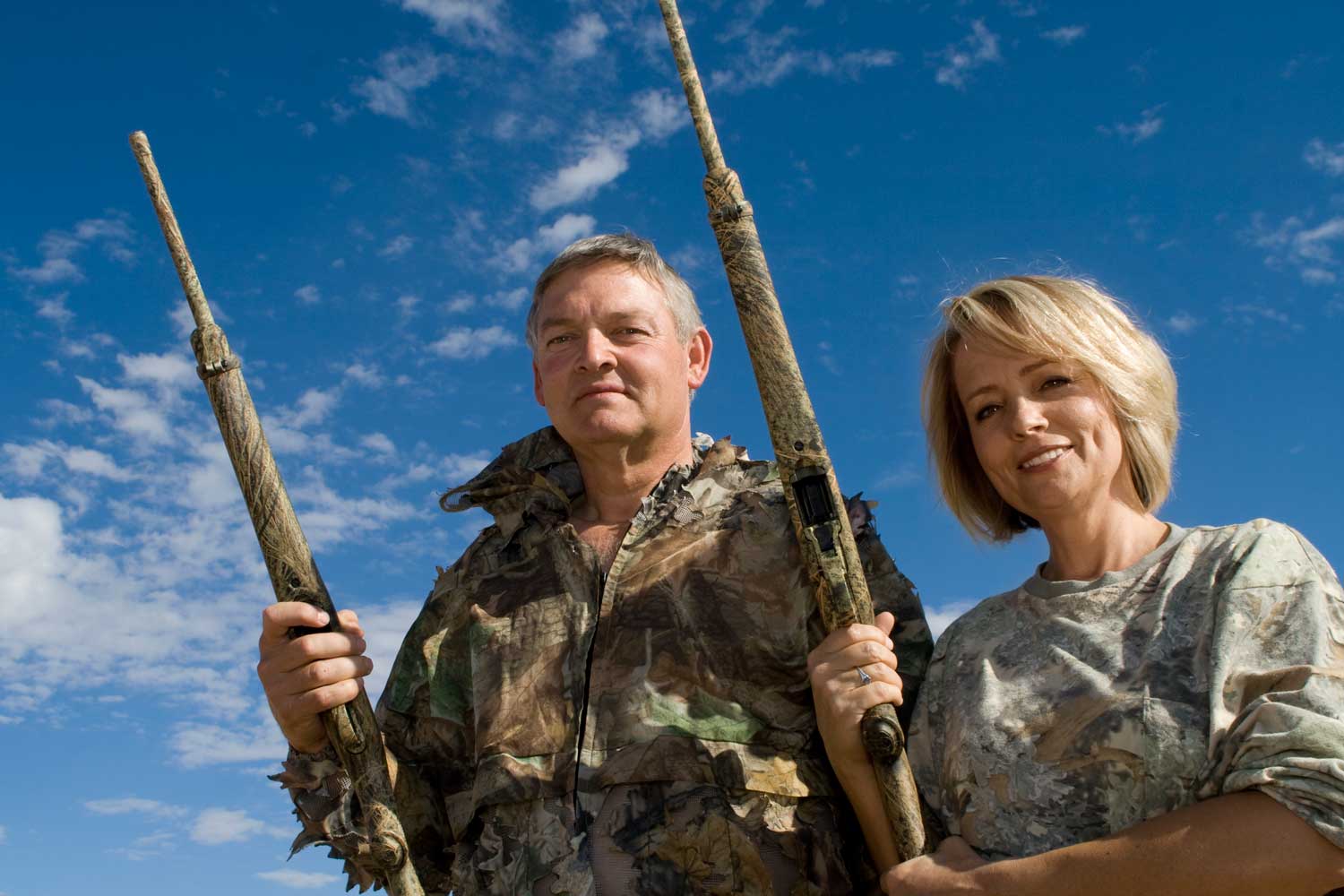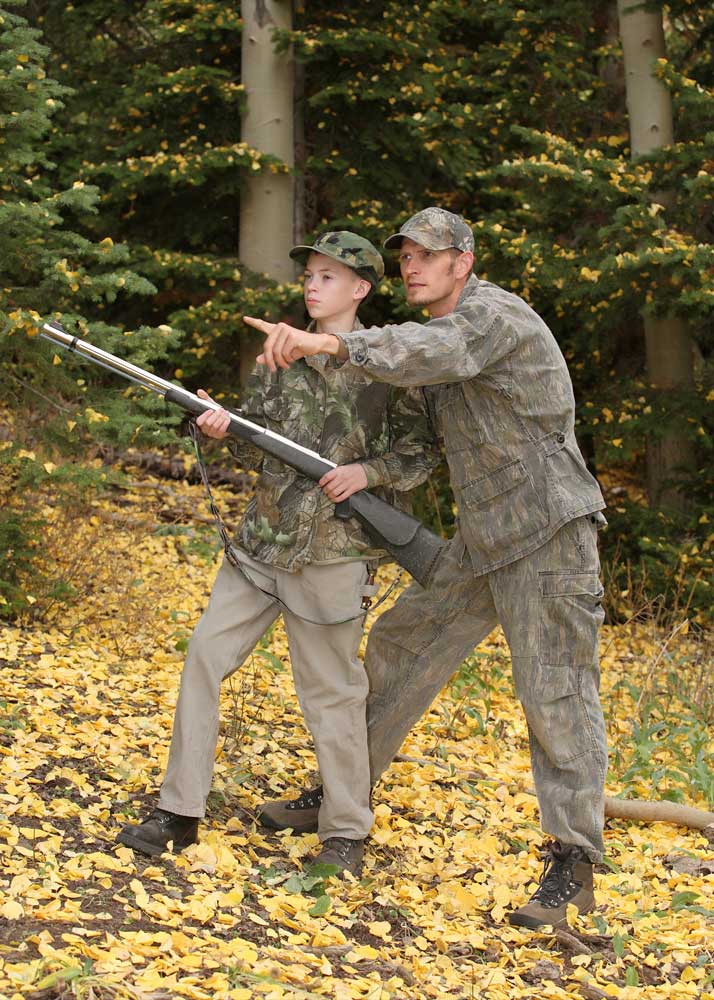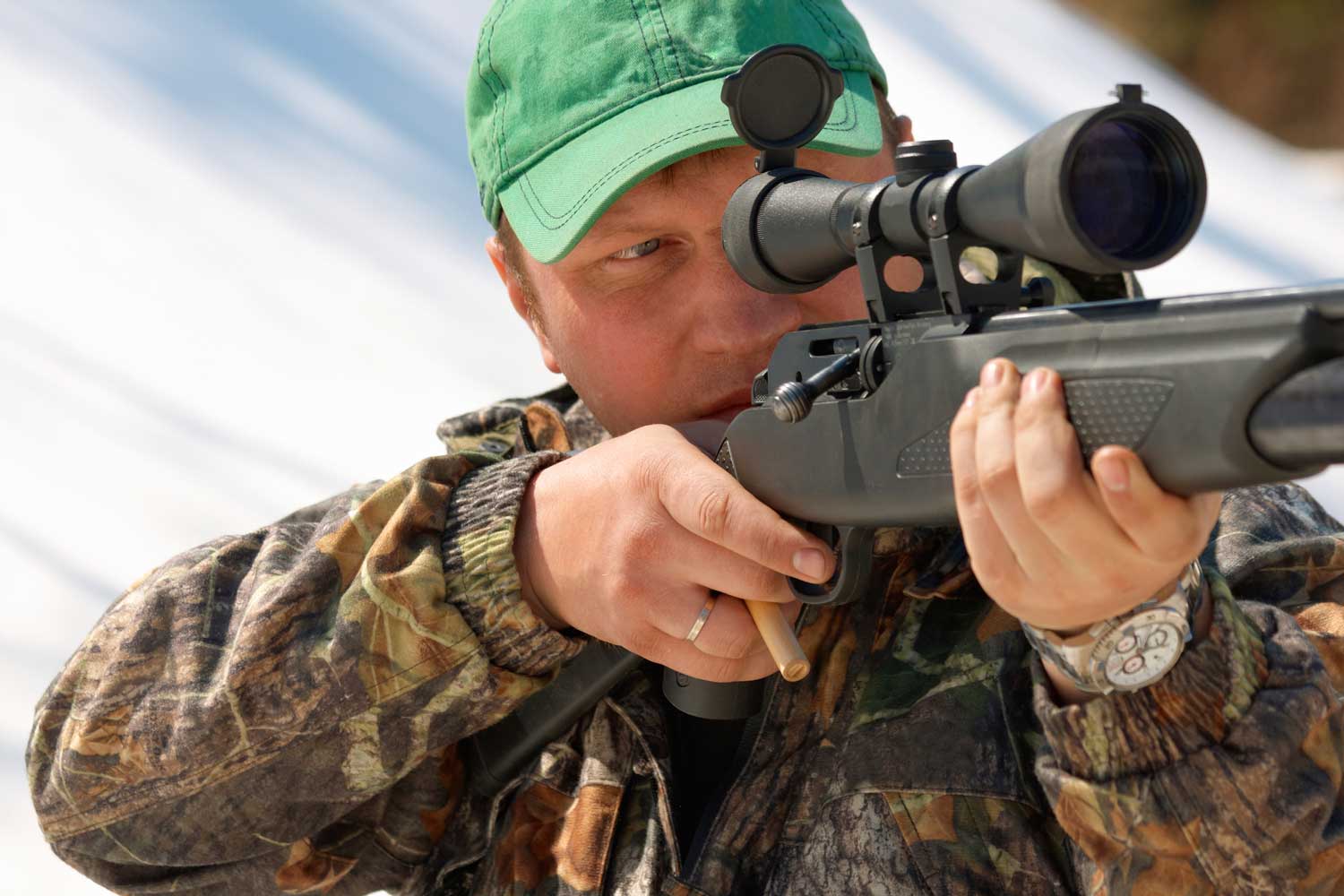
In his beautiful and eloquent book, Spring Creeks, Mike Lawson begins Chapter Eleven: Responsibilities, with this statement: “For whatever reason men fish, they are rewarded simply by the things they see. All the mechanisms of life are visible to those who look for them, from the nature of the very smallest creatures to the natures of men. A man’s behavior on the stream is likely to tell much about the kind of man he is.”
It’s not just the stream that tells us much about the person enjoying it. Woody Hayes, the great football coach from Ohio State University, said “Sports do not build character as much as they reveal it.”
All sport and recreation provide windows into the participant’s character. But hunting, I assert, more than almost all, if not all, sport and recreation reveals a hunter’s character to an unsurpassed degree.This is true because, to be blunt, hunters use instruments that kill. The behavior of the hunter tells us much about that person because the hunter makes decisions that can avoid or can lead to unique degrees of pain, suffering and lethality not possible on the trout stream or the football field. Even the most felonious hockey player cannot do what the thoughtless or pernicious hunter can do in a hundredth of a second.
This essay offers three principles for parents, mentors, instructors and hunters on how to act when confronted in the field with other people’s unethical or careless behavior. Perfect solutions are not offered, in large measure, because none exist. I offer a framework for reasoning and decision making in the context of particularized circumstances.
1. Prepare To Be Ethical
Any trial lawyer will tell you that a legal case is won in the library and in late hours at the office more than in the courtroom. Any athlete will tell you that having the will to win is easy; having the will to prepare to win is difficult. Similarly, one must prepare to be ethical. I use a friend’s hunting experience to show how you can prepare, and teach others to prepare, to be ethical. Preparation includes knowing what is ethical and legal and thinking strategically about how to act ethically and legally.
My friend and his pals were hunting on public land in eastern Colorado. They studied the maps and the roads to determine public access. It seemed, however, that the pheasant had also read the maps with Mensa-like acuity, for they...
congregated by and flew onto the private land before the hunters got within several hundred yards. One hunter coaxed his dog into the private land to flush birds. Another, noting that daylight was running out, began to hunt on the private land.
What should my friend do? This situation allows for an easy resolution. My friend didn’t unethically or illegally trespass, or release his dog into private land. He walked down the road, away from his pals. Weeks or years before, he knew how to behave in such situations because he had thought about them and applied moral analysis to the potential event. If you think about being in such a situation, and wonder “What would I do?” then you have accepted unethical behavior as your default position. You should know what you would do. “Just say no” can be applied to pheasant fields. You should also know that hunting with those folks again presents personal risks to you.
2. Stand Up For Your Values
In his book, America Alone, Mark Steyn describes a dialogue in 1849 or so, between General Sir Charles Napier, the British Army's Commander-in-Chief in India, and Hindu priests complaining about the prohibition of Sati by British authorities. Sati was the custom of burning a widow alive on the funeral pyre of her husband. General Napier’s reply was forceful and confident: He stood up for his values.
"Be it so. This burning of widows is your custom; prepare the funeral pile. But my nation has also a custom. When men burn women alive, we hang them, and confiscate all their property. My carpenters shall therefore erect gibbets on which to hang all concerned when the widow is consumed. Let us all act according to national customs."
No more widows were burned alive.

A writer colleague told me about an incident where a hunter, using a truck, had cornered a trophy red stag against a bend in the fence on the preserve. Unable to escape, the hunter and his guide walked up to the frightened animal. As the story was narrated to me, the hunter asked the guide, “How much for this stag?” A substantial fee was quoted. The hunter agreed to...
the price, unholstered a big bore pistol, and shot the animal point blank. Other hunters, however, refused to participate in that hunting format.
Variations of ethical challenges related to hunting are seemingly limitless. The hunter does not have to wear bloody hunting clothes into the supermarket or the fast food restaurant. The hunter does not have to transport his deer or elk in an uncovered bed of a pick-up truck, exposing the deflating sight of the blood and guts of a once-elegant animal.
This is not an observation to justify opposing hunting. To the contrary, it is a statement that advances the ethical principle of sanctity of life by showing respect for the animal killed. It is also a statement that acknowledges the reality that certain behavior, if viewed as unethical, can have political consequences that will undermine hunting.

Values are morally meaningless unless they are adhered to, asserted and defended. Offer to cover the animal in the back of the truck. Change your bloody clothes before re-entering the public realm. Do not associate with those that refuse to adhere to these recommendations.
I assume readers of this article believe in and desire to advance ethical values. Standing up for ethical values requires moral courage.
The value of one’s values is measured by the consequences of living them rather than by good intentions. Good intentions are easy, but worthless, unless ‘good’ is accomplished. The hunter must ruthlessly examine his or her values, and if they are values based on virtue, commit to act in harmony with them.
Standing up for ethical values risks ostracism and rejection. People once friends may no longer be so. Virtue has a price. I teach my young students that life will be more difficult if you aspire to be good. Anyone who teaches that good is easy weakens the students.
3. Don’t Outsource Your Values
It’s getting dark and the elk is two hundred yards beyond the farthest distance you’ve sighted your rifle. Your hunting buddy looks through her binoculars and suggests that this may be the last shot you’ll...
get on this hunt. “Might as well take the shot,” she opines.
I was invited to hunt Axis deer in Argentina. The first night at the ranch, a guide invited me to hunt the deer from a fast-traveling pick-up truck. It was a common way to hunt, I was told. After dinner, I got my gear and climbed into the truck. Moments later, we accelerated into a corn field where deer were eating. Bright lights illuminated and stunned the deer .Their eyes glowed like red coals. Some of the deer were only a few yards from the truck. I unloaded my rife and told the driver to return to the lodge. I would not engage in this type of hunting.
The hunting buddy with the binoculars on the elk hunt, and the hunting guide in Argentina, expressed their values and ethics by expressing the behaviors they would perform. On what basis, moral or intellectual, should anyone adopt their values and act the way they indicated they would act?
Outsourcing your morality means you are adopting the morality of others as substitutes for your own morality. It means a person is subserving his or her judgment to the judgment of another person. Here’s a point worth pondering: as with the Sati practice in India or the values of the guide with the Axis deer, whether one person has an opinion, or whether one hundred million people have that opinion, is absolutely irrelevant to the morality of the opinion.

Ethical behavior is not a popularity contest. Examine the ethics of your possible actions, scrupulously examine your values, determine if they are virtuous and, if so, stand up for them. Don’t back down. It is logically and morally absurd for a hunter to be influenced by others whose values he rejects. People that outsource their morality, or outsource difficult, or complicated tasks, risk winding up being hollow husks of people. You don’t want that for yourselves, or for your students. That is why the good parent and the good instructor try to make people stronger rather than trying to make the world easier.
Conclusion
One must be practical when confronted with unethical behavior in the field or on the target course....
Emotions can be high, people can be under stress, and financial costs can distort the judgment of otherwise reasonable people. However, what you tolerate or do not tolerate; the people with whom you associate or refuse to associate; the actions you take or the actions you refuse to take all determine the ethics of your character. Every action should be aligned with one primary goal: elevating the virtue of your character. Following these three principles can help achieve that goal.
This article first appeared in Shotgun Life. www.shotgunlife.com
Michael Sabbeth is a lawyer and author in Denver, Colorado. He writes for many hunting and shooting publications and lectures widely on hunting and shooting ethics and communication skills. He lectures on ethics and rhetoric to law associations and civic and business groups. He is the author of The Good, The Bad &The Difference: How to Talk with Children About Values, available on Amazon.com: http://tinyurl.com/c5flmmu Please visit his website at www.kidsethicsbook.com. He is currently writing a book on persuasive teaching skills for hunting and the shooting sports titled The Honorable Hunter: Defending and Advancing Our Hunting Heritage. His website, www.TheHonorableHunter.com is presently under construction.